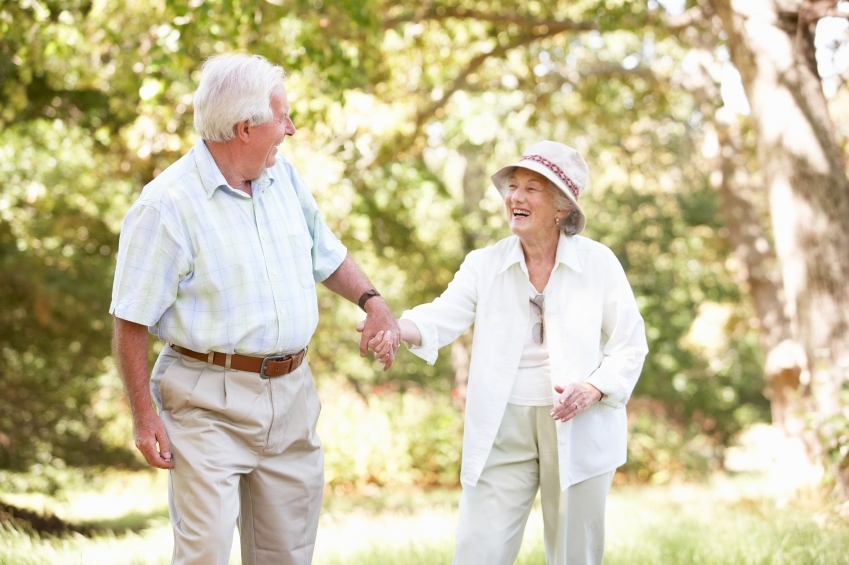Osteoporosis is a common condition affecting 1.2 million Australians in which bones become fragile and brittle leading to a higher risk of fractures, than in normal bone. Osteoporosis occurs when bones lose minerals, such as calcium, more quickly than the body can replace them, leading to a loss of bone thickness (bone density or mass).
There is something called the ‘cascade effect’ which means that women who have suffered a fracture in their spine are over 4 times more likely to have another fracture within the next year, compared to women who have never had an osteoporotic fracture. This makes managing and treating osteoporosis to prevent fractures vitally important. This is because about 50% of people with one fracture due to osteoporosis will have another.
So with a focus on Healthy Bones Action Week (3-10th August 2014) let’s take a closer look at what causes falls and how you can take action to prevent having a fall.
Well firstly, half of all falls occur in and around the home. Falls are most commonly caused by:
- Poor muscle strength
- Problems with vision
- Problems with balance
- Home hazards that cause tripping
So how can you prevent a fall if you have osteoporosis?
Here are some tips from the Osteoporosis Australia Medical and Scientific Advisory Committee:
Exercise – start a falls prevention program (with your osteopath/chiropractor/physiotherapist or GP) either at home or with a local gym or community program
This may include resistance training to strengthen muscles and/or balance exercises such as heel to toe walking, Tai Chi or standing on one leg.
Medical Checkup – your doctor may need to review any conditions or medicines that may be causing poor balance or dizziness. Your doctor may also recommend having your vision assessed or seeing a podiatrist for proper footwear.
Around the home – sometimes it is important to make adjustments in your home environment and an occupational therapist can assist with making some of these changes:
You may need to:
- Install hand rails on steps or in bathrooms
- Use non-slip mats
- Ensure rooms are well lit
- Ensure the edges of rugs are flat or removed all together
- Ensure regularly used items in the kitchen are within reach
- Secure electrical cords and maintain outdoor paths
Nutrition – improving your overall nutrition will be beneficial as will ensuring you have adequate calcium and vitamin D levels.
Article written by Dr Melanie Woollam (Osteopath)

